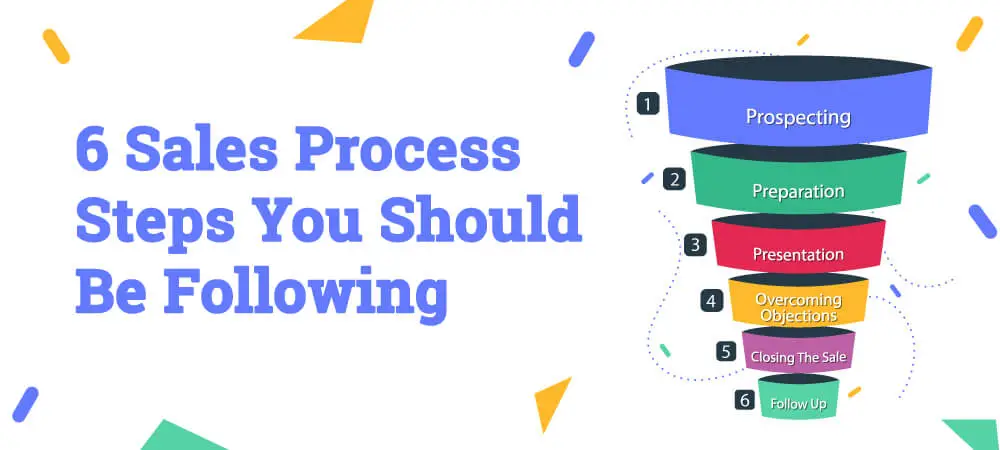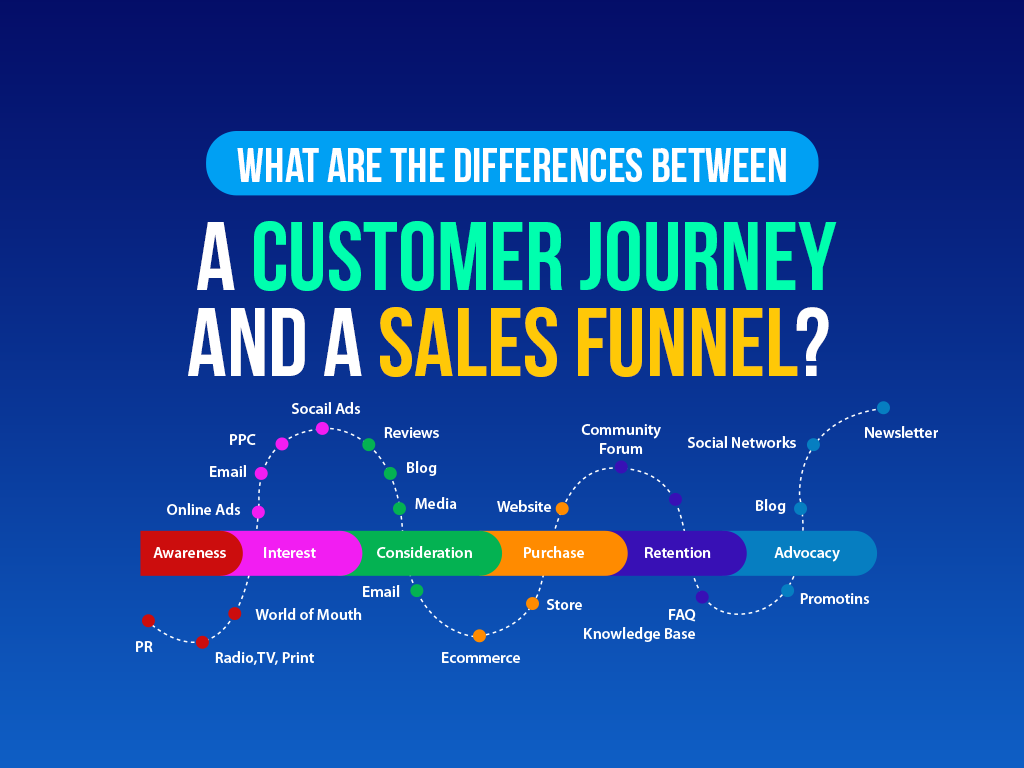Achieving Sales Success with Digital Solutions
Achieving Sales Success with Digital Solutions. The landscape of sales and marketing has dramatically changed in the past decade with the invention of digital solutions. In today’s competitive market, business houses should integrate all these digital tools and strategies seamlessly into each other to achieve the highest levels of sales success. Whether it is generating leads or closing deals, the art lies in connecting the dots through end-to-end digital solutions. In this blog post, we will explore the role of using digital technologies throughout the sales process and how enterprises can achieve top-line results through a comprehensive digital strategy.
1. Leverage digital tools for comprehensive sales success.
2. Integrate data to optimize sales performance.
3. Engage customers through digital strategies.
4. Simplify processes through end-to-end solutions.
5. Empower through analytics for informed decisions.
6. Encourage collaboration between sales and digital teams.
Understanding the Digital Sales Landscape
It is clear that digital-age sales strategies have dramatically changed in recent years. Businesses must get to understand and navigate through the ever-changing face of digital sales landscapes if they are to be successful. According to an article on LinkedIn titled Connecting dots – Inside Sales is dead, the author calls upon having all-embracing solutions in this world of technology to achieve sales growth.
Evolution of Digital Sales Technology
The rapid evolution of sales technology is undoubtedly the most notable aspect of the digital sales landscape. From CRM systems to AI-powered analytics tools, businesses now have a wider array of solution options at their disposal to help them streamline their sales processes and achieve more effective outcomes.
Key Components of a Digital Sales Ecosystem
An important aspect of navigating the digital sales landscape is an understanding of the components that will make up a well-rounded robust digital sales ecosystem, such as using automation tools to generate leads, CRM systems to manage customers efficiently, and data analytics to drive decisions. By implementing these solutions together seamlessly, businesses can build a powerful engine in the sales department to drive sustainable growth.
End-to-End Solution Implementation
Customer Journey Mapping
Assuming the target audience has already been well understood, mapping the customer journey is essential in designing a successful end-to-end digital solution. Every touchpoint should range from brand awareness to post-purchase support-then conversion at the last point.
Embedding Sales Platforms and Tools
One of the immediate steps in adopting an end-to-end digital solution is to integrate different sales platforms and tools. In doing so, the customer experience must go as seamless as the selling process. This means integrating CRM systems, marketing automation tools, e-commerce platforms, and customer service software across the organization into one unified ecosystem.
Plus, it’s possible to obtain the necessary insights related to customer behavior, receive real-time monitoring of sales performance, and optimize sales workflows by using these platforms and tools connected with one another, all resulting in increased efficiency and revenue.
Analytics and AI: Powering More Sales
Now, though, with the advent of digital and the wealth of information businesses could be accessing that provides invaluable insights about driving sales success, leveraging analytics and artificial intelligence (AI) can make a real difference in understanding customers better, having more effective sales strategies, and finally increasing revenue. To get a good overview of what digital solutions can help businesses in joining the dots for sales success, read Joining the dots. Biggest problem with digital service .
Unlocking Data for Sales Informations
Data is the energy driving successful selling strategies. Analyzing consumer buying behavior, purchase history, and market trends gives businesses insightful knowledge that can drive sales growth. Using appropriate data analytics tools, companies make informed decisions, tailor their marketing communications, and refine their sales processes to maximize revenue better.
Optimization of Customer Experiences via AI
AI Technologies like chatbots, personalized recommendations, and predictive analytics will help businesses achieve more personalized and seamless interactions with customers. Companies can anticipate customer needs, instantly provide support at every possible point of contact, and create a more engaging shopping experience that will lead to increased customer satisfaction and loyalty.
It also allows businesses to automate routine tasks, analyze gigantic chunks of data in real time, and enhance the decision-making processes, thereby helping sales teams build relationships while closing deals more efficiently.
Drivers of Sales Growth and Scalability
Strategies for Sustainable Sales Success
The ever-changing face of digital space creates a clear need for the sales strategy to be very aptly tailored and evolved to remain sustainable and successful. Use of data analytics, personalized marketing campaigns, and CRMs to understand a target audience better, organizations can better customize their approach. Regular training and upskilling of the sales teams will also be crucial in creating an ethos of continuous improvement and adaptability in the face of the competitive environment.
Scaling Sales Efforts using Digital Solutions
Efforts
Integrating the use of automation tools like CRM systems and sales enablement platforms is also possible to optimize the sales process, thus making it more efficient and providing insights for informed decisions. Digital solutions for lead generation, nurturing, and conversion can help companies scale their sales efficiently without sacrificing on quality. These enable sales teams to focus on impactful tasks while automating routine activities, thus promoting productivity and scalability.
In short, to succeed in sales in this new era of digitization, companies need to start connecting the dots between these diverse digital solutions. It comes down to offering a seamless experience in handling end-to-end, from generating leads and customer engagement to analytics and conversion optimization, all of which form the successful embodiment of business success through digitization. Businesses can use the power of technology and data to promote growth, generate revenue, and maintain their position in the field. It is important to continually review and refine your digital strategy with respect to changing customer behaviors and market trends. With a strategic approach, focus on value delivered at every touchpoint will help businesses navigate the digital landscape successfully and deliver sales success with end-to-end digital solutions.
Hope you learned about Digital Sales reading the article
Achieving Sales Success with Digital Solutions
Read more:
Sales-cycle-automation-best-practices/
Digital-automation-in-sales-operations/
Written by Rajdeep Chauhan






